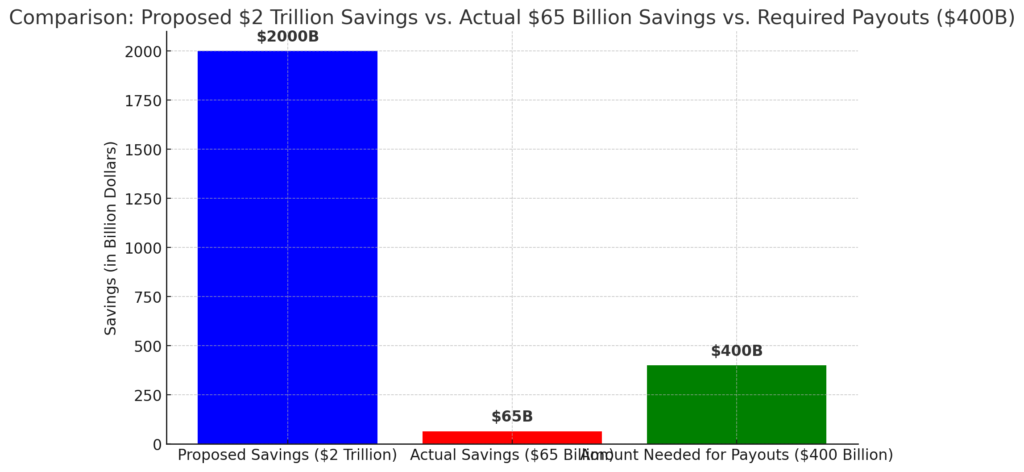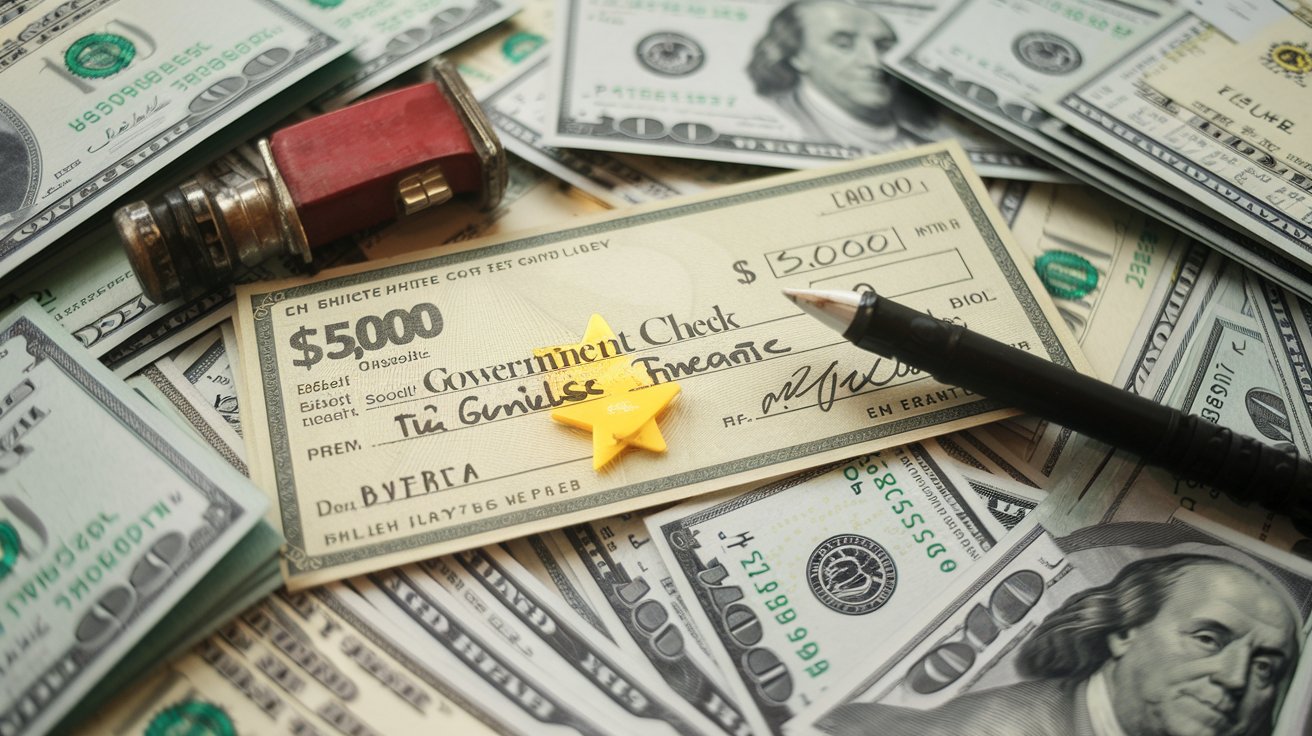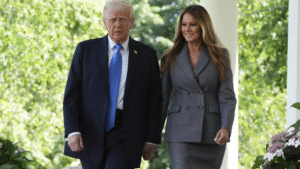Doge Dividend’ Proposal Advances: Americans Could Receive $5,000 Checks Before 2026
A groundbreaking proposal, known as the Doge Dividend, could soon provide eligible American taxpayers with one-time $5,000 stimulus checks before 2026. This initiative, led by investor James Fishback and backed by prominent figures like Elon Musk and Donald Trump, aims to distribute a portion of federal government savings directly to taxpayers.
Understanding the Doge Dividend Proposal
The Doge Dividend is a financial relief plan designed to return 20% of federal cost savings to taxpayers. The government has set a goal of reducing spending by $2 trillion, and if successful, it would allocate $400 billion for direct payments, benefitting around 79 million U.S. households.
Key Components of the Doge Dividend Proposal
| Component | Details |
|---|---|
| Savings Target | $2 Trillion in federal spending cuts |
| Percentage Allocated | 20% of the total savings |
| Total Amount to be Distributed | $400 Billion |
| Estimated Recipients | 79 Million U.S. Taxpayers |
| Projected Payout Amount | $5,000 per household |
| Proposed Payout Timeline | Before 2026 (earlier if legislation passes quickly) |
This initiative aims to reward taxpayers by ensuring government efficiency leads to direct financial benefits.
Why Is the Doge Dividend Gaining Support?
The Doge Dividend proposal is gaining momentum due to widespread public support and endorsements from influential figures. Many Americans view this initiative as a fair and necessary financial relief measure in the face of rising inflation and economic concerns.
Supporters of the Doge Dividend
- Elon Musk: Supports the plan, stating it is a “fair way to return money to the people who fund the government.”
- Donald Trump: Encourages the idea, saying, “Hardworking Americans deserve a share of these savings.”
- General Public: Polls indicate that a majority of U.S. taxpayers favor the initiative.
Public Sentiment Analysis
| Group | Level of Support |
| General Public | High (Over 65% approval in polls) |
| Economists | Mixed (Concerns about inflation impact) |
| Political Figures | Divided (Support from pro-efficiency advocates, opposition from debt-focused lawmakers) |
Challenges and Roadblocks in Passing the Doge Dividend

While the proposal is promising, it faces several key challenges:
1. Funding and Budget Constraints
- The Department of Government Efficiency (DOGE) has only identified $65 billion in savings, significantly lower than the $2 trillion target.
2. Economic and Inflationary Risks
- Some economists argue that injecting $400 billion into the economy could fuel inflation.
- Others believe that because this money comes from savings and not new government spending, the risk of inflation is lower.
3. Political Barriers and Congressional Approval
- House Speaker Mike Johnson and conservative lawmakers insist savings should reduce the $36 trillion national debt instead of being distributed to taxpayers.
How Would This Impact American Taxpayers?
If approved, the Doge Dividend could provide a major financial boost for millions of Americans. Here’s how it could benefit individuals and households:
Potential Benefits
| Impact Area | Expected Benefits |
| Household Expenses | Assistance with groceries, bills, and essential spending |
| Debt Reduction | Many Americans could use the $5,000 to pay off loans or credit card debt |
| Savings Growth | Extra money could be invested for future security |
| Economic Stimulation | A one-time check could boost consumer spending without excessive inflation |
Expert Opinions: Some analysts believe that if properly managed, this program could set a precedent for future government efficiency rebates, ensuring taxpayers benefit from budget improvements.
Latest Developments and External Analysis
The bill is currently being drafted, and supporters are lobbying lawmakers to push for faster implementation. According to Money.com, the success of the Doge Dividend will largely depend on whether the government meets its ambitious cost-cutting goals.
Conclusion: Will Americans Receive $5,000 Checks?
The Doge Dividend proposal is one of the most innovative and widely discussed financial policies of 2025. With strong backing from key figures and overwhelming public support, the program has potential—but it depends on achieving the necessary government spending cuts and passing through Congress.
If the plan succeeds, millions of American taxpayers could receive $5,000 checks before 2026, providing significant financial relief. For now, lawmakers and citizens alike are waiting for concrete legislative action to determine the fate of this proposal.





